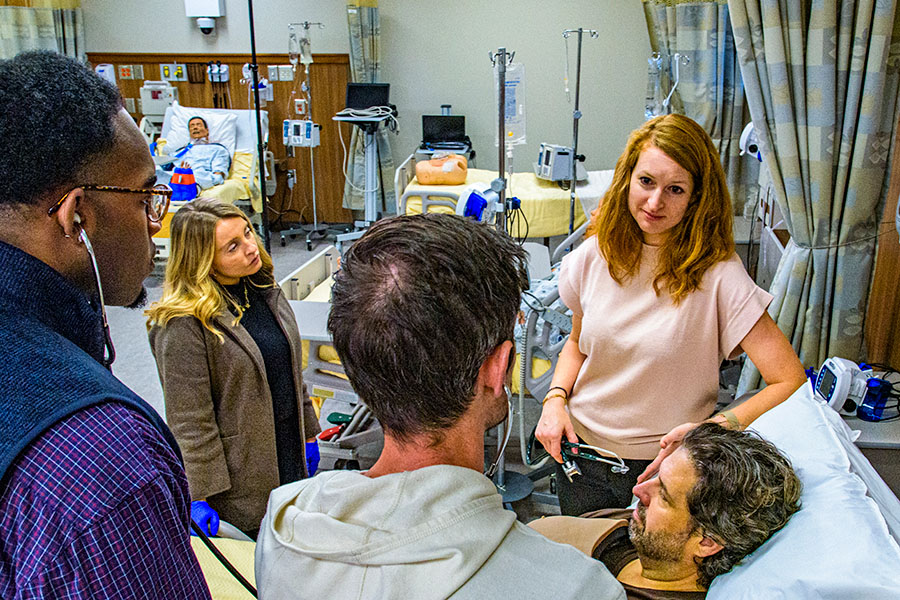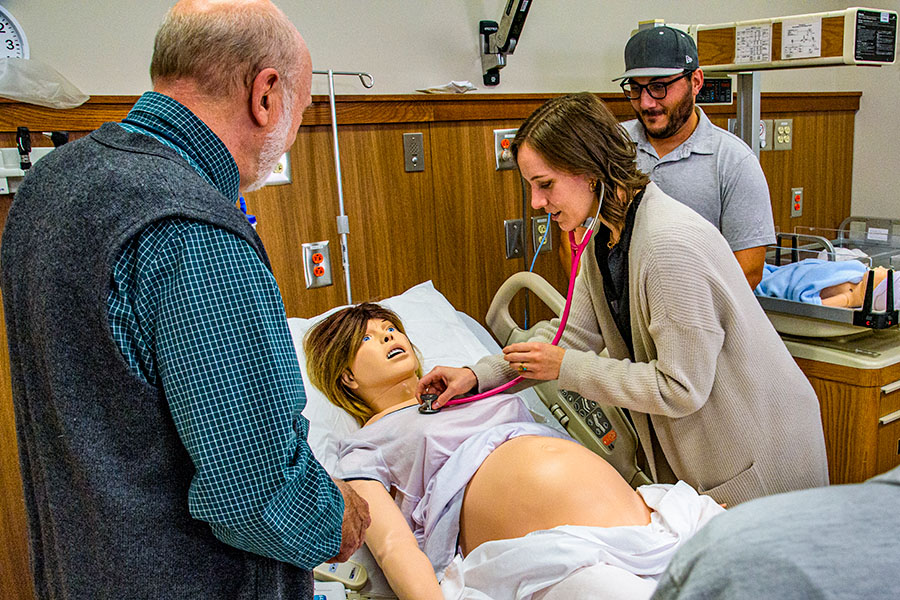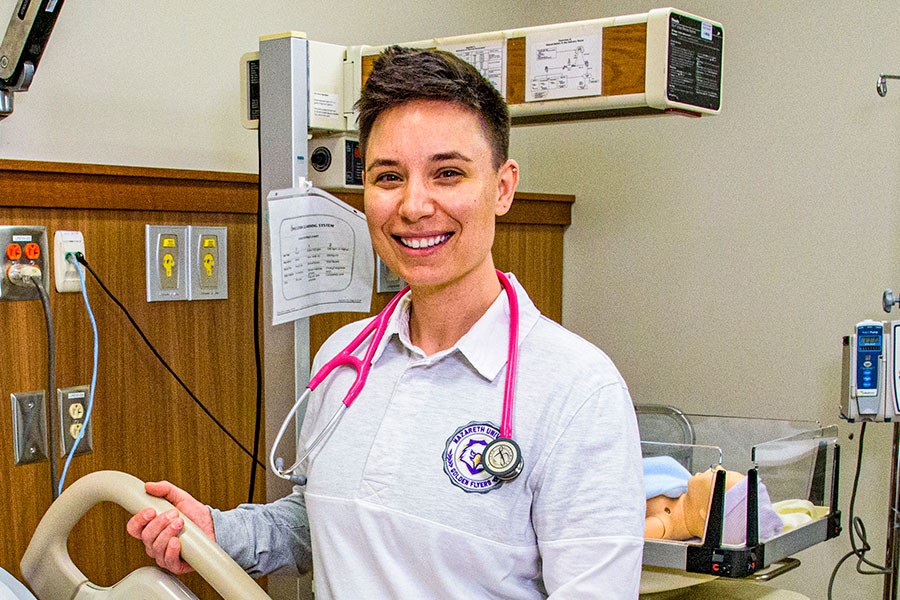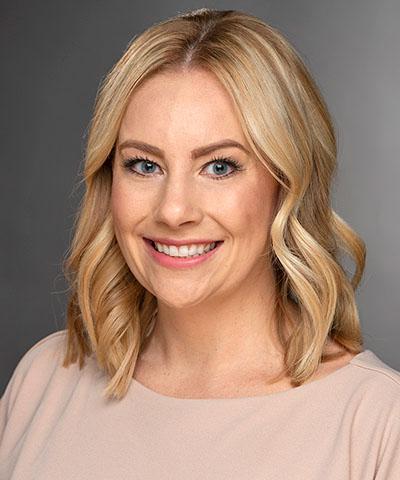Physician Assistant
Master of Science
Hybrid format: Online and in-person
A rigorous, patient-centered program that prepares you to become a skilled, compassionate medical professional.
Nazareth University’s hybrid PA program blends scheduled online instruction with essential in-person learning and clinical experiences. You’ll graduate ready to provide exceptional patient care across diverse settings.
Why Choose Nazareth’s PA Program?
- Interdisciplinary Strength: Build your foundation with Nazareth’s well-established expertise in health and human services, combined with advanced medical training.
- Simulation-Based Learning: Develop clinical decision-making skills in high-fidelity simulation labs that replicate real-world patient care scenarios.

Highlights
Complete in 24 months full-time
Diverse clinical sites for hands-on experience
Collaborate with students in other Naz health programs
Join a growing profession in the health care sector
Program Structure
Year 1 – Hybrid Didactic Phase
Courses are delivered primarily live online, on weekdays at set times, providing a structured and interactive learning environment. In-person, on-campus sessions occur on weekdays and include:
- A required program orientation at the start of the year
- One week of on-campus learning each semester
Year 2 – Clinical Education Phase
Engage in full-time, in-person supervised clinical practice at diverse healthcare sites. After each rotation, students return to campus for weekday sessions that reinforce learning and promote readiness for the next stage of training.
Get more information and stay connected with Nazareth.



What to Expect
- Be prepared for a challenging, in-depth study of medical sciences, including anatomy, pharmacology, pathology, and clinical medicine. This intensive coursework requires strong time management and a commitment to mastering complex material.
- The first 12 months consist of didactic coursework that is primarily online with both synchronous and asynchronous delivery — meaning some occurs at scheduled times. You come to campus for program orientation prior to the start of the didactic instruction. You come again to campus one week per semester for hands-on, in-person training and assessments.
- The second 12 months consist of nine supervised clinical rotations in a variety of settings and disciplines of medicine. Clinical rotations provide the invaluable opportunity to engage directly in patient care, allowing you to apply your medical knowledge in real-world health care settings. Through hands-on experience, you'll deepen your clinical skills, enhance critical thinking, and gain practical exposure to diverse patient populations, ensuring you are well-prepared for clinical practice. At the conclusion of each clinical rotation, you come to campus for hands-on, in-person learning and assessment.
- The majority of clinical rotation sites are located within NY state. While the program welcomes applicants from across the country, clinical rotation assignments are determined by the program, and there is no guarantee that you will be placed in your specific geographic area of preference. You should be prepared to travel for rotations and may be required to temporarily relocate. Additional costs may be incurred related to travel, housing, and other living expenses during the clinical year. We encourage you to consider these potential expenses as you plan for your education.
Curriculum Examples
- Human Anatomy
- Clinical Skills & Procedures
- Professional Practice
- Essentials of Cardiology
- Clinical Integration
- Surgery Rotation
Affordability
Grants, scholarships, veterans benefits, loans, and undergraduate loan forgiveness are options for paying for this grad degree. Making grad school affordable »
In-demand
Employment of physician assistants is projected to grow 27 percent from 2022 to 2032, much faster than the average for all occupations. The median annual wage for physician assistants was $130,020 (2023), according to the U.S. Bureau of Labor Statistics.
Program Director

-
Heather Grotke
- Program Director, Clinical Assistant Professor
- pa@naz.edu

Why Nazareth?
“Nazareth’s hybrid physician assistant program blends online learning with high-impact, hands-on training. Students benefit from cutting-edge online learning tools, high-fidelity simulation, and immersive clinical experiences. Aligned with our mission to educate highly skilled, compassionate PAs, we emphasize interprofessional collaboration and preparing students to serve diverse communities. We are equipping the next generation of health care providers to thrive and effectively address the needs of patients.”
— Heather Grotke, Program Director